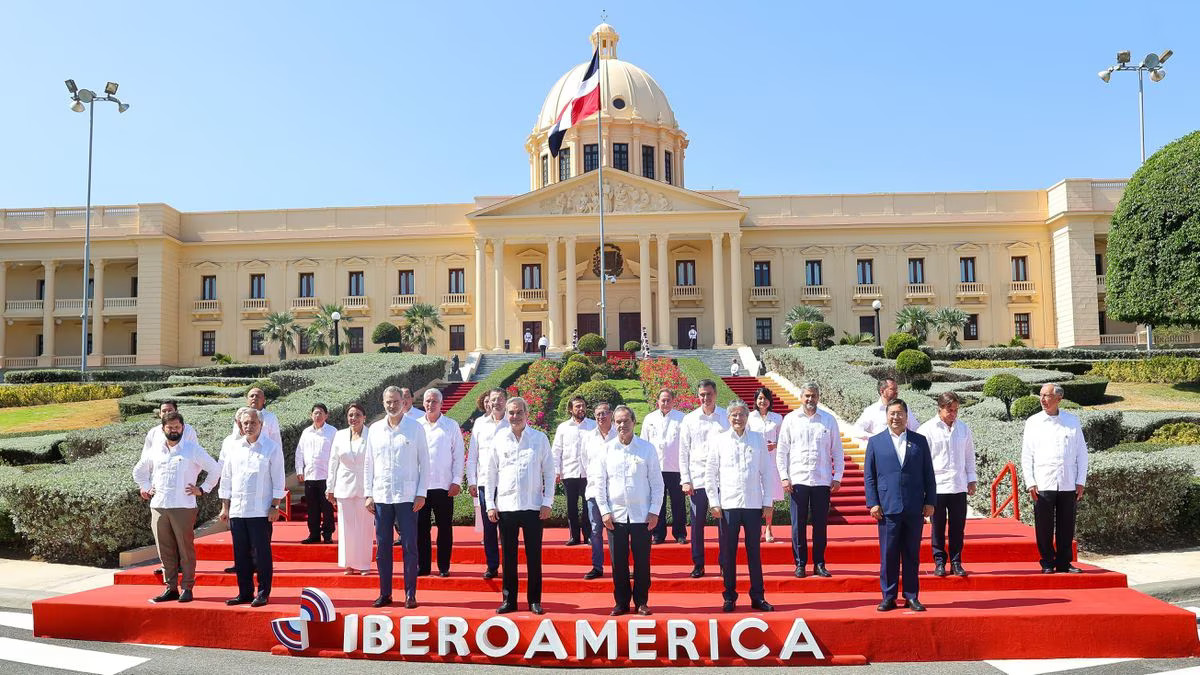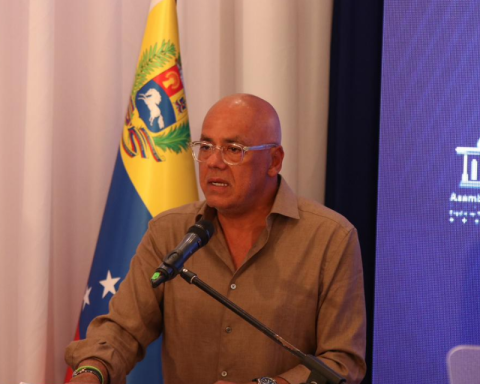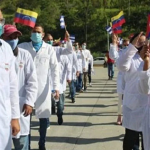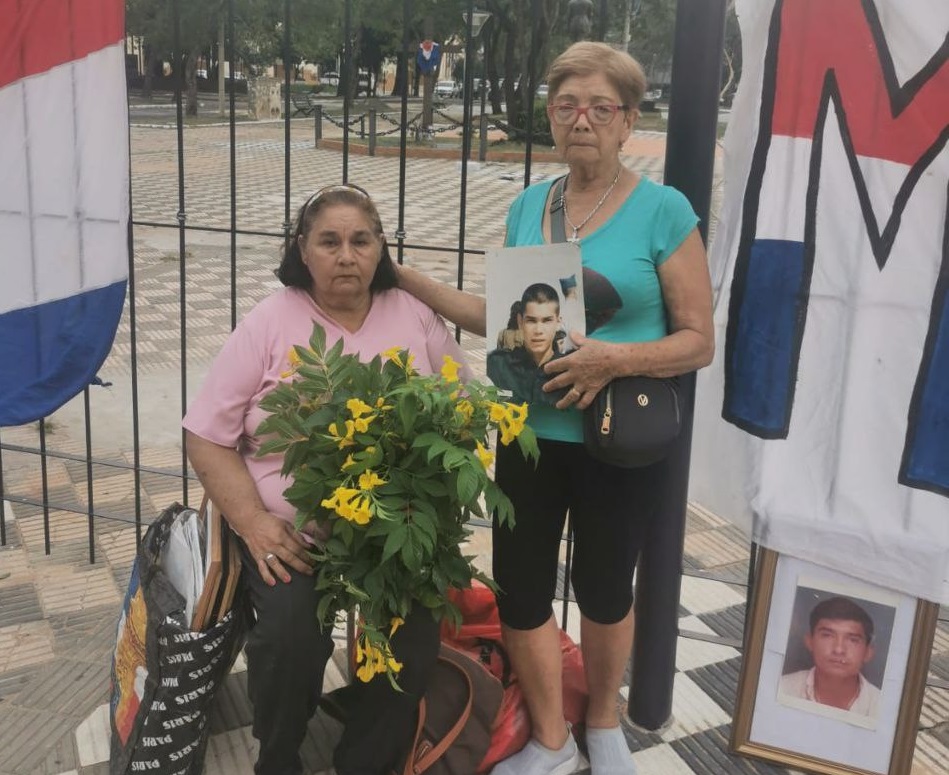The Ibero-American Summit closed its four major objectives this Saturday with consensus: environmental charter, digital, food security and financial architecture, the latter the most discussed until the last moment.
In addition, the Ibero-American heads of State and Government reached agreements on other issues such as the III Four-Year Cooperation Action Plan 2023-2027, the decision to promote gender equality and the commitment to promoting democracy.
In the final press conference, the host of the summit, Dominican President Luis Abinader, specified that they also reached commitments on international law including the principle of sovereignty, non-intervention in affairs between States and their legal equality.
They also agreed on the importance of a new migration regulation that respects the human rights of migrants, the coordination of the fight against transnational crime and the need for a fairer system.
The twenty-two participating countries expressed their “deep concern” about the situation in Haiti and expressed their total solidarity with the Caribbean country.
The energy transition, marine sustainability, the Cuban embargo and the situation of the Malvinas were other topics discussed.
Migration, Haiti and transatlantic relations
Immigration, support for Haiti and the relaunch of relations between Latin America and the European Union (EU) were among the important topics of the summit, as explained by the Secretary General of Ibero-America, Andrés Allamand, at the final press conference.
Allamand pointed out immigration as an important issue, which affects all regions of the world and particularly the Ibero-American community.
The Ibero-American Secretary General announced that in the search for solutions from the summit, the idea of organizing a conference on immigration in the third quarter of this year came up, although the place and date are still pending.
Regarding the situation in Haiti, Allamand stressed that “it is becoming an important issue for the Ibero-American community”, and corroborated Abinader’s idea that without pacification there is no solution for the Caribbean country.
“The previous step for those ideas such as the creation of institutions and the normalization of the country is its pacification,” he reiterated.
Regarding EU-Latin America relations, he highlighted the speech at the summit by the head of European diplomacy, the Spanish Josep Borrell.
“We want the Spanish presidency of the European Union in the second half of the year to be a boost. It has been eight years since we met between the two regions at the political level,” said Allamand, who hoped that the unconcluded agreements would be closed and the negotiations would not drag on forever, and that there would be strong support for investments in both directions.
New summit in Ecuador
Ecuadorian President Guillermo Lasso spoke at the press conference for the next summit to be held on November 29, 2024 in Quito, under the motto “Innovation, inclusion and sustainability in Ibero-American”.
“Ecuador accepts the challenge,” said Lasso, who referred to three other major issues that will be discussed at the regional forum: promotion of circular economies, food security and ecological transition.
“The challenges require the joint action of all the members of the Ibero-American community,” Lasso said and invited to “look with hope” at the unity of the region. Yo
Finance is the main problem
The main stumbling block at this summit was reaching a compromise to create a new financial architecture, to help recover from the consequences of the pandemic and face the difficult international situation.
It was not until lunch that it was agreed to give visibility to the question of the financial architecture to mitigate the external debt.
But Abinader wanted to specify that it was more of a matter of form than substance and now it will be the ministers of Finance and Finance who will work to materialize this project.

















